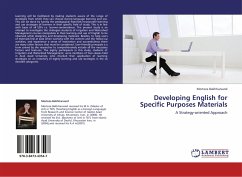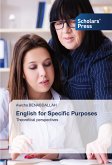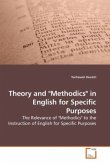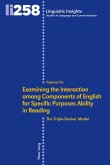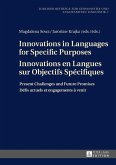This book proceeds from the argument that language plays very critical ideational and interpersonal functions in all human endeavours. Language s centrality in all these human activities, especially its role in academic life, has brought it under increasing scrutiny. This is particularly so in Zimbabwe, and other African countries, where students have to learn English or Portuguese or French as a second language and then use it also as a medium of learning other academic disciplines. That is to say that the learners have a mother-tongue other than English in the form of the various African languages which are quite different from the Indo-European family of languages. This presents the students with some unique linguistic complexities. It is in light of these facts that this text tries to approach English for Specific Purposes theory and practice from a local perspective in respect of the learner, the materials and the teacher. Also, mindful of English for Specific Purposes learner-centered approach to language teaching the text uses a task-based approach. So, the language teaching and learning suggested here are driven by the learner s specific need(s) for learning English.
Bitte wählen Sie Ihr Anliegen aus.
Rechnungen
Retourenschein anfordern
Bestellstatus
Storno




